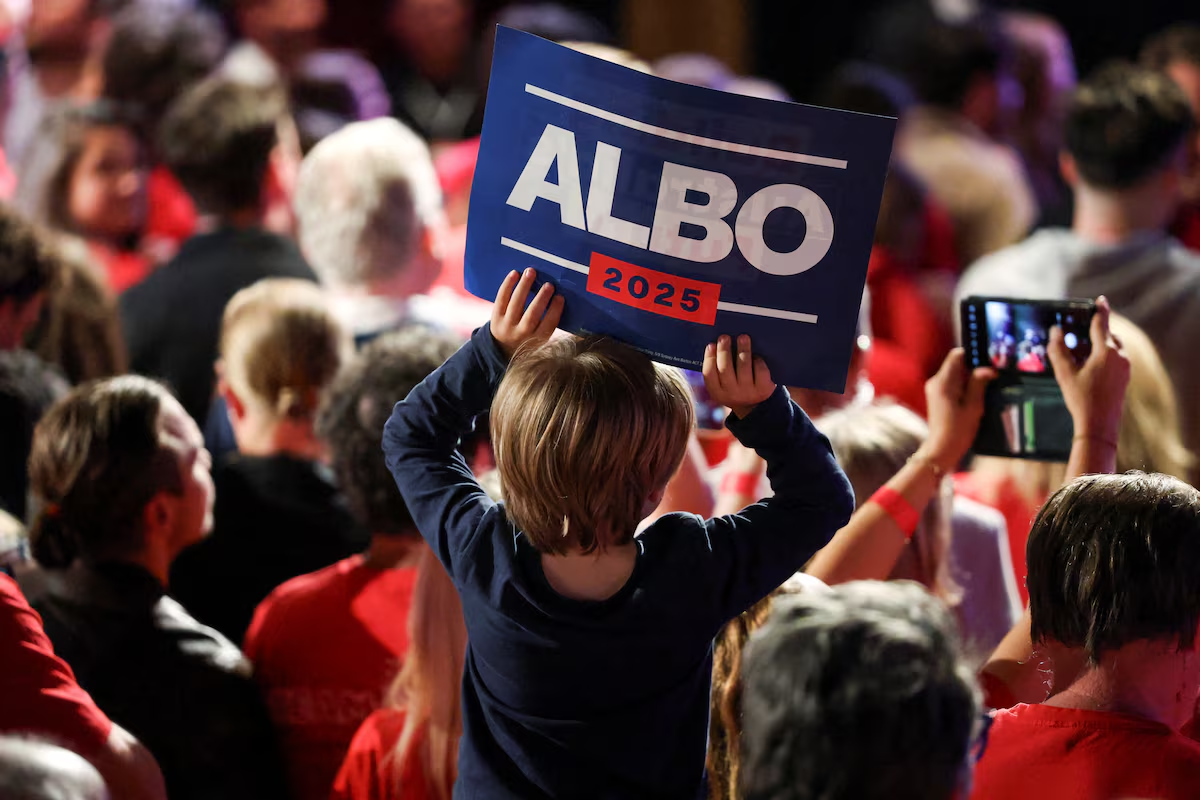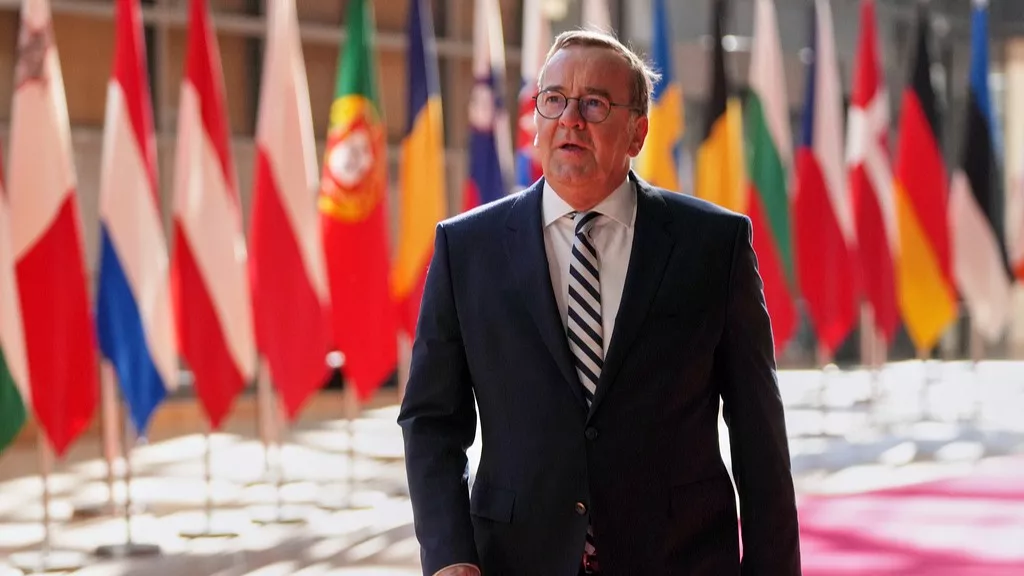On May 3, 2025, Australian Prime Minister Anthony Albanese secured a historic second term in office following a dramatic election victory driven by public disapproval of U.S. President Donald Trump’s influence and domestic cost-of-living concerns. Albanese’s center-left Labor Party is projected to form a majority government, winning 80 to 85 seats in the 150-member House of Representatives, while the conservative Liberal-National coalition suffered significant losses, securing only 41 seats.
Opposition leader Peter Dutton not only lost the election but also his own parliamentary seat of Dickson to Labor candidate Ali France, a disability advocate and former journalist. Dutton acknowledged the defeat and attributed part of it to the damaging “Trump factor,” as his association with Trumpist rhetoric and policies alienated voters.
Labor’s campaign, buoyed by Albanese’s leadership and policies addressing economic hardships, resonated with the electorate. The victory marks the first time in two decades that an Australian prime minister has won back-to-back terms. Global leaders, including those from the U.S., UK, and India, extended congratulations, reaffirming strong international ties.
“We have been defined by our opponents in this election which is not the true story of who we are,” Dutton said, promising the party would rebuild.
“If you sling enough mud it will stick,” said Jacinta Nampijinpa Price, the Liberal senator for Northern Territory, whose comments that her party would “make Australia great again” had fuelled comparisons to Trump’s own “Make America Great Again” slogan.
“You made it all about Trump,” she said on ABC. Dutton had said he would appoint Price to a ministry of government efficiency, one of several echoes of Trump’s policies.
“Losing Peter Dutton is a huge loss,” she added.
Several political analysts were critical of the Liberals campaign, saying not enough policy work had been done, and that Dutton had made mistakes including a short-lived policy to ban public servants working from home.
The Liberal Party spokesman, Senator James Paterson, defended the conservative campaign, saying it was negatively affected by “the Trump factor”.
“It was devastating in Canada for the conservatives … I think it has been a factor here; just how big a factor will be determined in a few hours’ time,” he earlier told ABC.
U.S. Secretary of State Marco Rubio issued a statement congratulating Albanese, saying Australia was “a valued ally, partner and friend of the United States”.
“Our shared values and democratic traditions provide the bedrock for an enduring alliance and for the deep ties between our peoples,” Rubio said.
British Prime Minister Keir Starmer also congratulated Albanese and said the two countries’ defence collaboration, including AUKUS, and support for Ukraine, would grow.
“The UK and Australia are as close as ever – which goes to show that long-distance friendships can be the strongest,” Starmer wrote on social media platform X.
Indian Prime Minister Narendra Modi told Albanese in a message on X: “This emphatic mandate indicates the enduring faith of the Australian people in your leadership.”
Earlier, as counting got under way, Labor Treasurer Jim Chalmers said the government had been “in all sorts of trouble” at the end of 2024 but got back into the contest because of Albanese’s strong campaign performance, policies that addressed concerns about the cost of living, and the Trump effect.
As the results started emerging, he told ABC the projected victory was “a win for the ages”. Albanese “has pulled off one of the great political victories since federation,” he said.
The results were “absolutely unbelievable”, Labor supporter Melinda Adderley, 54, said through tears at the election party.
Source: Reuters



